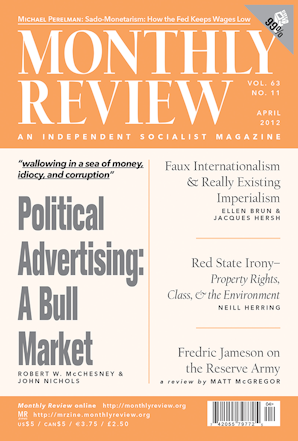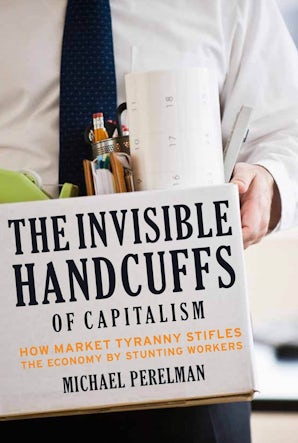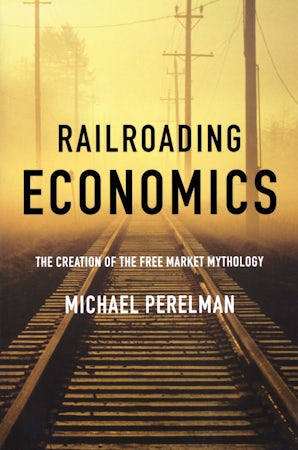Also in this issue
Books by Michael Perelman
The Invisible Handcuffs of Capitalism
by Michael Perelman
Railroading Economics
by Michael Perelman



